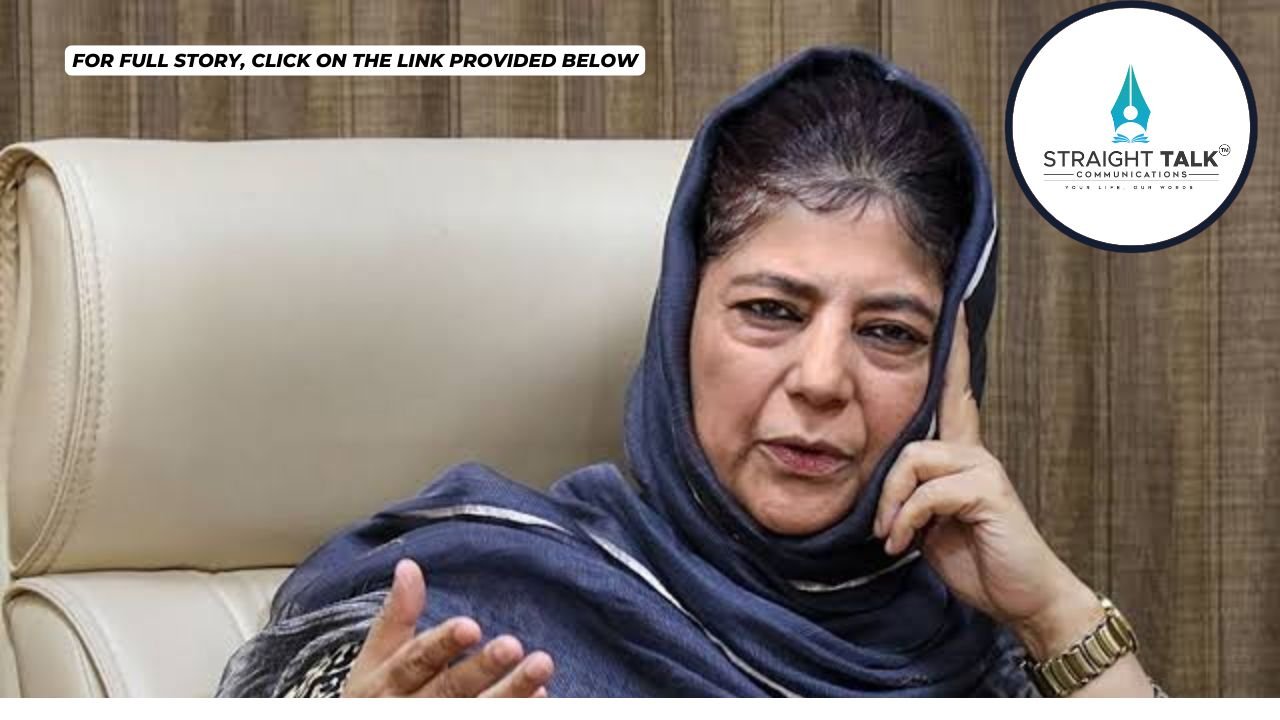“HARMUKH” – A Celebration of Humanity

STC EDITORIAL DESK
Cinema and Kashmir have shared a deep relationship for decades. From the pre-1990 era when the valley was the backdrop of countless films, to the post-1990 period when turmoil turned Kashmir into a canvas of pain and politics, filmmakers have never stopped drawing stories from here. Yet, too often, Kashmir has been reduced to a convenient trope—its beauty exploited, or its conflict sensationalized, to peddle selective narratives and stir misplaced patriotism.
What makes HARMUKH truly stand apart is its focus on the essence of “Kashmiriyat”, that timeless spirit of harmony and compassion which has been the soul of the Valley for centuries. Instead of rehearsing tired stereotypes or amplifying divisions, the film celebrates the invisible bonds that tie people together beyond region, religion, or identity. It reminds us that the truest stories of Kashmir are not about conflict, but about coexistence, friendship, and humanity.
In this climate, HARMUKH stands apart. It is the first-ever feature film made in both Kashmiri and Kannada, directed by acclaimed filmmaker Ashok Cashyap. The film brings together artists from Kashmir and South India in a rare collaboration, creating a cinematic bridge of cultures and values. More than a story, it is an experience that foregrounds what is often forgotten, our shared humanity.
From the opening narration to the final frame, HARMUKH gently unfolds as a meditation on compassion, friendship, and the invisible threads that connect people beyond boundaries. The narrative does not lean on spectacle or sensationalism. Instead, it thrives on moments of silence, sincerity, and the quiet strength of human bonds. Watching it feels less like consuming entertainment and more like sharing in a collective memory of love, loss, and belonging.
The performances lend the film its emotional depth. Veteran South Indian actor T. S. Nagabharana embodies dignity and restraint, while Kashmir’s own Ayash Arif brings intensity and warmth in equal measure. Together, the cast makes the relationships on screen feel lived and genuine. Their portrayals carry the quiet power of everyday compassion, the kind that sustains communities and binds generations.
Adding to this tapestry is the music of Waheed Jeelani, the legendary Kashmiri singer whose compositions flow like gentle rivers through the narrative. His songs, steeped in Kashmiri melody yet resonant across cultures, give the film a soulful rhythm. They remind the audience that music, like love, has no borders.
What lingers after watching HARMUKH is not a single scene or character, but a feeling, a reminder that humanity is our strongest identity. At a time when cinema often flirts with division and profit-driven sensationalism, HARMUKH dares to be different. It whispers instead of shouting. It heals instead of provoking. And in doing so, it reclaims the true spirit of storytelling: to bring people closer.
In the larger landscape of Indian cinema, HARMUKH feels both rare and necessary. While mainstream films frequently exploit Kashmir as a dramatic backdrop or a political tool, this film restores dignity to the idea of Kashmiriyat by telling a story rooted in compassion. It proves that regional cinema, when daring enough, can carry messages of peace more powerfully than grand spectacles. In that sense, HARMUKH is not just a film from Kashmir and Karnataka—it is a film for all of India.
(Straight Talk Communications)







